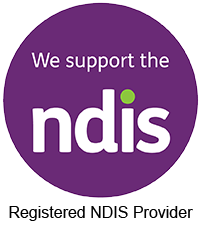Swallowing difficulty (dysphagia) is any problem with sucking, swallowing, drinking, chewing, eating, controlling saliva, taking medication, or protecting the lungs from food and drink ‘going the wrong way’. It can be a problem with keeping the lips closed so that food, liquid or saliva doesn’t dribble out. Sometimes the first sign of a swallowing problem is coughing, gagging or choking when eating and drinking. Swallowing problems can mean food, drinks or saliva gets into the lungs and this can cause lung infections (pneumonia).
A swallowing problem can occur at any stage in life. Babies born prematurely, those with heart defects or damage to the brain (e.g. cerebral palsy) often have swallowing problems. Children with abnormalities in the structures of the head, neck and face such as cleft lip or palate may also have difficulty feeding.


